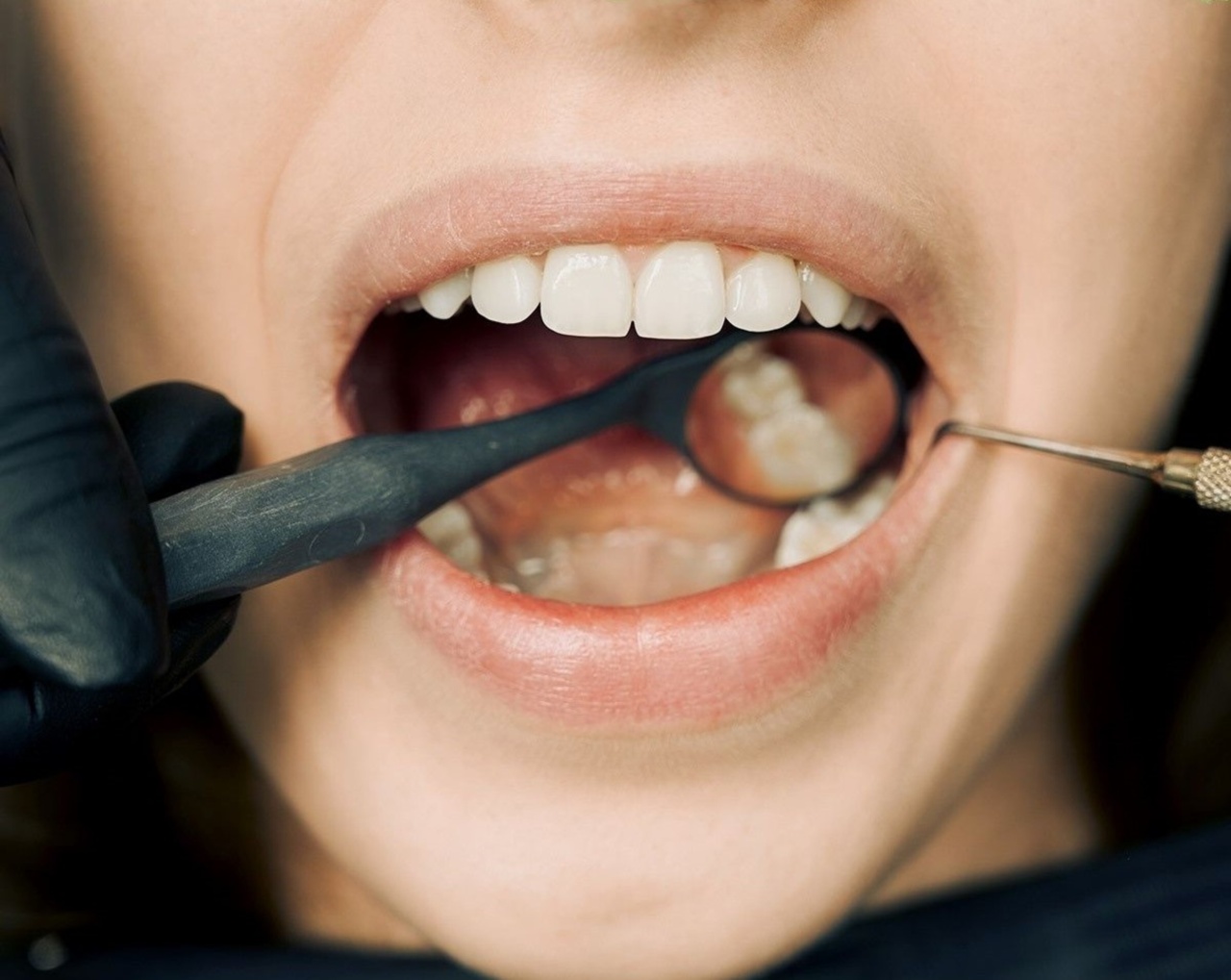Oral cancer is a deadly disease that affects thousands of people each year. Although smoking and alcohol consumption are the most common causes of oral cancer, recent studies show a link between oral sex and the development of this disease.
What is Oral Cancer?
Oral cancer is a type of cancer that develops in the tissues of the mouth and throat. It can affect the lips, tongue, gums, cheeks, roof or floor of the mouth, and the pharynx.
According to the Oral Cancer Foundation, over 53,000 Americans will be diagnosed with oral or oropharyngeal cancer this year, and approximately 10,000 people will die from it.
Causes of Oral Cancer
The primary causes of oral cancer are smoking and consuming alcohol.
Other factors that may contribute to the development of this disease include exposure to the human papillomavirus (HPV), poor oral hygiene, chronic irritation from dentures or other dental appliances, and a weakened immune system.
The Link Between Oral Cancer and Oral Sex
Recent studies show that there is a link between oral cancer and the practice of oral sex.
According to a study published in the Journal of the American Medical Association, people who engage in oral sex with multiple partners are at a higher risk of developing oral cancer than those who do not.
The study found that the HPV virus was present in 72% of the oral cancer cases it analyzed. HPV is a sexually transmitted infection that can cause cancer in both men and women.
The virus can be transmitted through oral sex, and those who engage in oral sex with multiple partners are more likely to contract it.
Preventing Oral Cancer
The best way to prevent oral cancer is to avoid smoking and excessive alcohol consumption. In addition, practicing good oral hygiene and visiting the dentist regularly can help reduce the risk of developing this disease.
It is also recommended to get the HPV vaccine, which can help prevent some types of HPV that can cause cancer.
The vaccine is recommended for both boys and girls aged 11 to 12 years old, and can also be given to those aged 13 to 26 who have not yet been vaccinated.
Signs and Symptoms of Oral Cancer
Early detection of oral cancer is crucial for successful treatment. Some signs and symptoms of oral cancer include:.
- A persistent sore throat or hoarseness
- A white or red patch on the gums, tongue, or lining of the mouth
- A lump or thickening in the cheek
- A sore that does not heal
- Difficulty swallowing or chewing
- Numbness in the tongue or other areas of the mouth
Treatment for Oral Cancer
Treatment for oral cancer may include surgery, radiation therapy, and chemotherapy. The type of treatment used depends on the size and location of the tumor, as well as the overall health of the patient.
Conclusion
Oral cancer is a serious disease that can have life-threatening consequences. Although smoking and alcohol consumption are the most common causes of oral cancer, recent studies have shown a link between oral sex and the development of this disease.
It is important to practice good oral hygiene, avoid smoking and excessive alcohol consumption, and consider getting the HPV vaccine to reduce the risk of developing oral cancer.




























